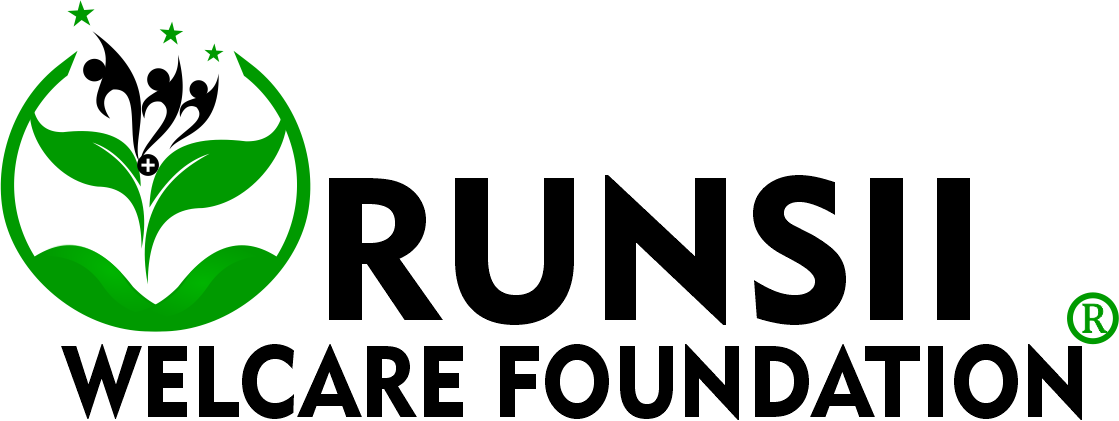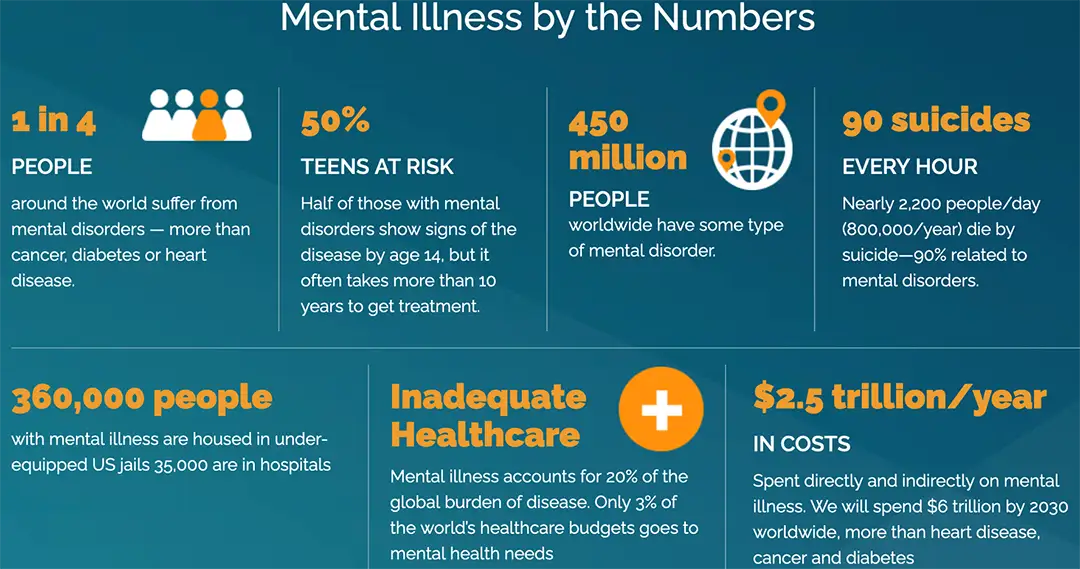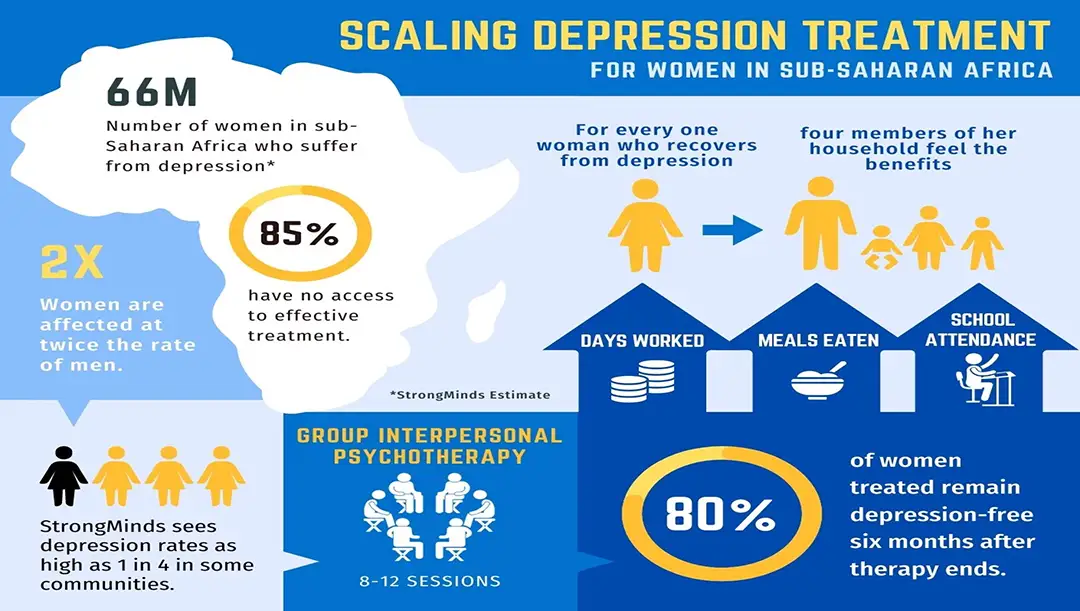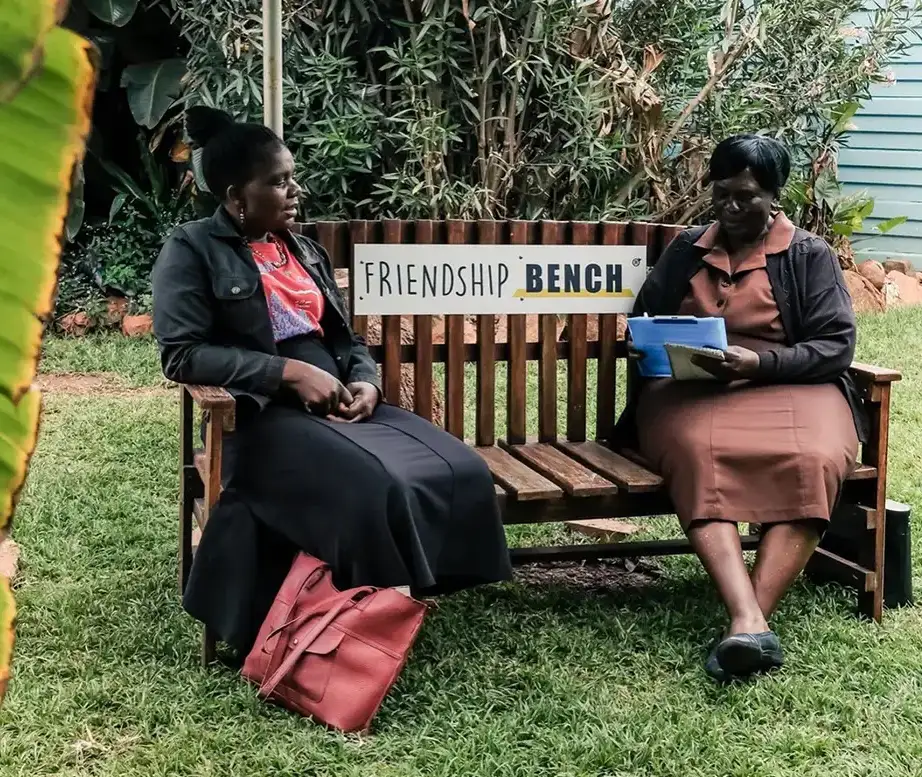68th Session of the Commission on the Status of Women

Challenges Encountered by Vulnerable Women In Accessing Mental Healthcare & Strategies for Improvement:
Nigerian and Africa Perspectives
Ubong Udoyen MD, MPH
The Orunsii Welcare Foundation recently made impact by participating in a the United Nations 68th Session Commission on Status of Women (CSW) on the 14th of March, 2024. Held at United Nations Plaza in New York, this presentation tackled critical issues surrounding the accessibility of mental health care, particularly focusing on the challenges faced by vulnerable women in the Nigerian and African communities.
Here are some of the highlights of the presentation.
Addressing Mental Health by the Numbers
Mental illness statistics reveal a staggering reality. With one in four individuals globally affected by mental disorders, the urgency to address mental health concerns cannot be overstated. Shockingly, half of these cases emerge during adolescence, yet it often takes over a decade to receive proper treatment. The prevalence of mental disorders extends to around 450 million people worldwide, with nearly 2,200 individuals succumbing to suicide daily. Despite these alarming figures, mental health care remains inadequately funded, receiving only 3% of global healthcare budgets.
African Mental Health
The African region faces significant challenges in mental health care, with over 116 million people estimated to be living with mental health conditions pre-pandemic. Anxiety and depression top the list as the most prevalent mental health disorders, exacerbated by the COVID-19 pandemic. However, access to quality mental health care remains severely limited, with Africa carrying over 25% of the global mental health disease burden but possessing less than 1% of global mental healthcare resources.
Challenges Encountered by Vulnerable Women
The presentation delved into the specific challenges encountered by vulnerable women in accessing mental health care. Factors such as sociocultural biases, limited treatment options, and inadequate government investment contribute to the disparities in mental health care access for this demographic. Additionally, unique risk factors such as sexual assault, domestic violence, and child abuse heighten the prevalence of mental health issues among women.
Addressing PTSD Among Vulnerable Women
Post-Traumatic Stress Disorder (PTSD) is a prevalent mental health condition among vulnerable women, often stemming from experiences of sexual assault, domestic violence, or sudden loss. Symptoms such as vivid flashbacks, intrusive thoughts, and intense distress significantly impact their daily lives. Orunsii Welcare Foundation recognizes the importance of addressing PTSD and providing trauma-informed care to support vulnerable women in their journey towards healing and recovery.
Combatting Anxiety and Depression
Anxiety and depression disproportionately affect women, with Sub-Saharan Africa reporting high rates of both disorders. The stigma surrounding mental illness and limited access to mental health resources exacerbate the challenges faced by vulnerable women. Orunsii Welcare Foundation advocates for comprehensive mental health education, destigmatization efforts, and increased access to evidence-based treatments to effectively address anxiety and depression within these communities.
Tackling Substance Abuse
Substance abuse further complicates the mental health landscape for vulnerable women, with Nigeria experiencing a significant prevalence of drug use. The Orunsii Welcare Foundation recognizes the intersectionality of substance abuse and mental health and emphasizes the importance of holistic care approaches. Through community-based interventions, rehabilitation programs, and advocacy for policy changes, the foundation aims to address substance abuse issues and promote sustainable recovery among vulnerable women.
Innovative Solutions and Collaborations
Despite these challenges, the Orunsii Welcare Foundation remains committed to bridging gaps in mental health care. Through innovative healthcare solutions such as satellite tech for digital health and community-based interventions like the Friendship Bench initiative, the foundation aims to provide accessible and effective mental health support to vulnerable populations. Collaboration with government agencies, education sectors, clinical care delivery systems, and the media further strengthens efforts to address mental health disparities.

The participation of Orunsii Welcare Foundation at the United Nations CSW event underscores its dedication to improving mental health care accessibility for vulnerable women. By shedding light on the challenges and advocating for practical strategies, the foundation strives to create a future where mental health care is equitable and inclusive for all.





